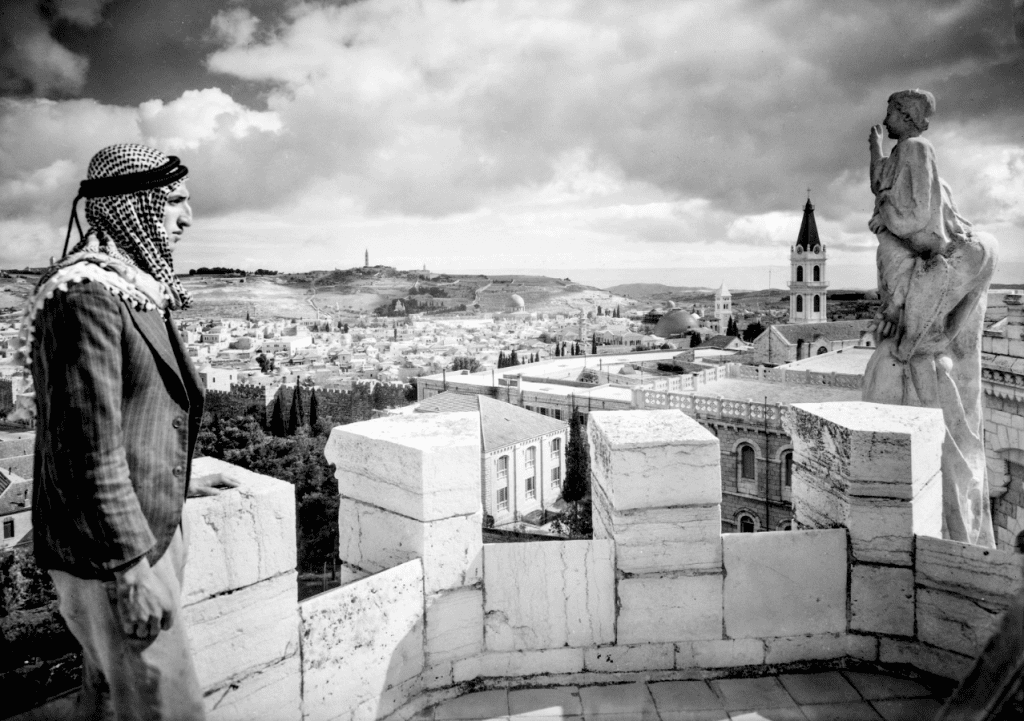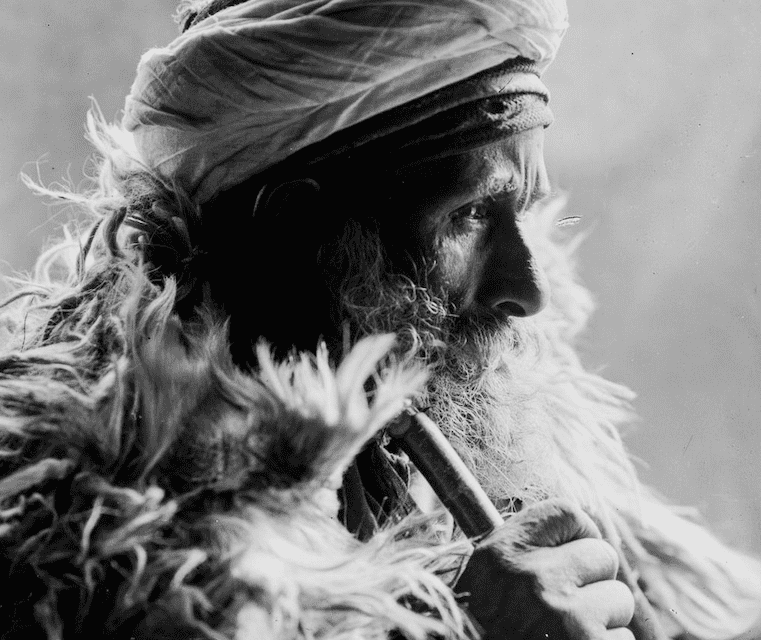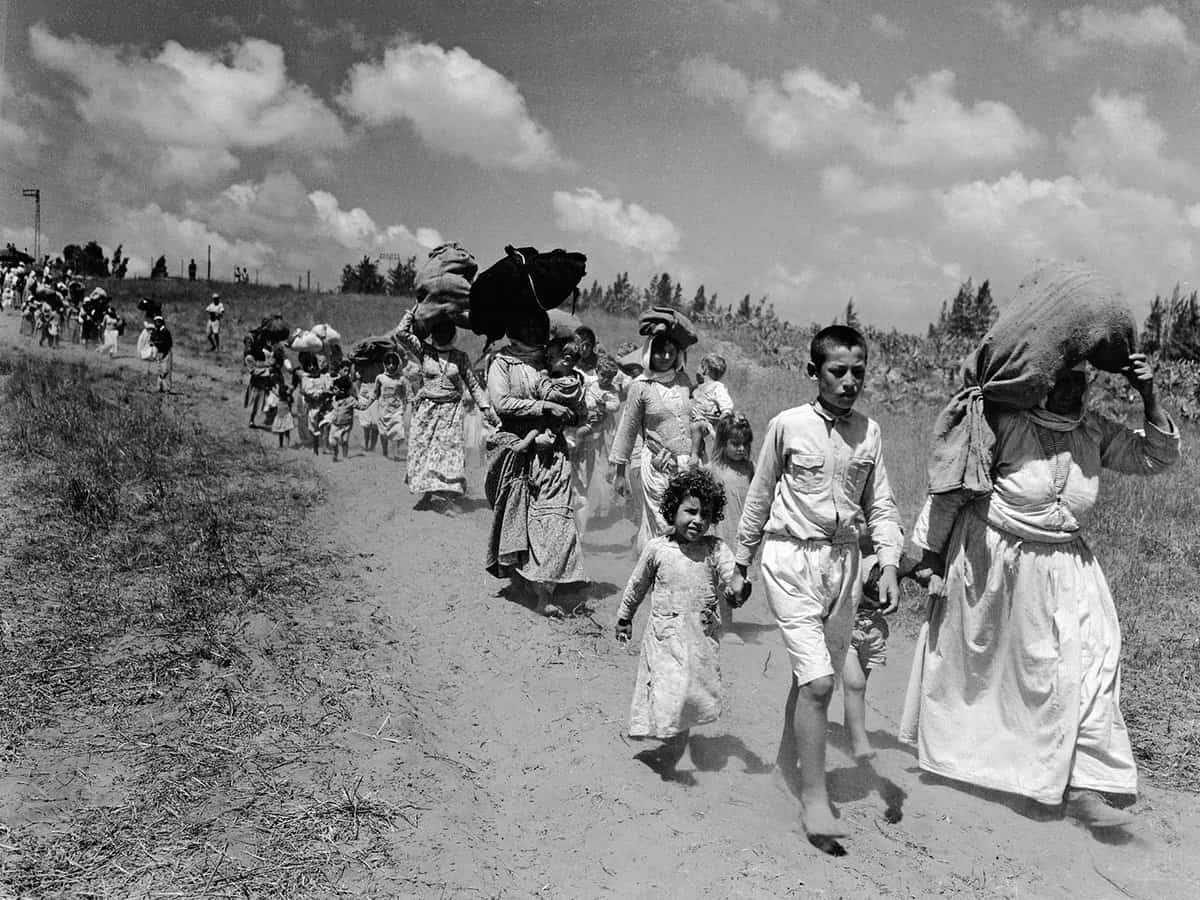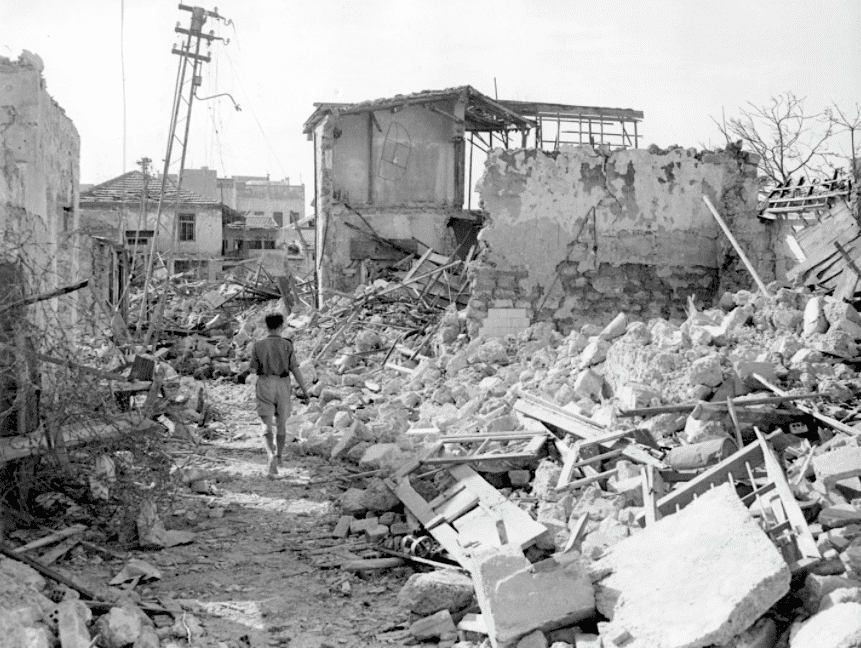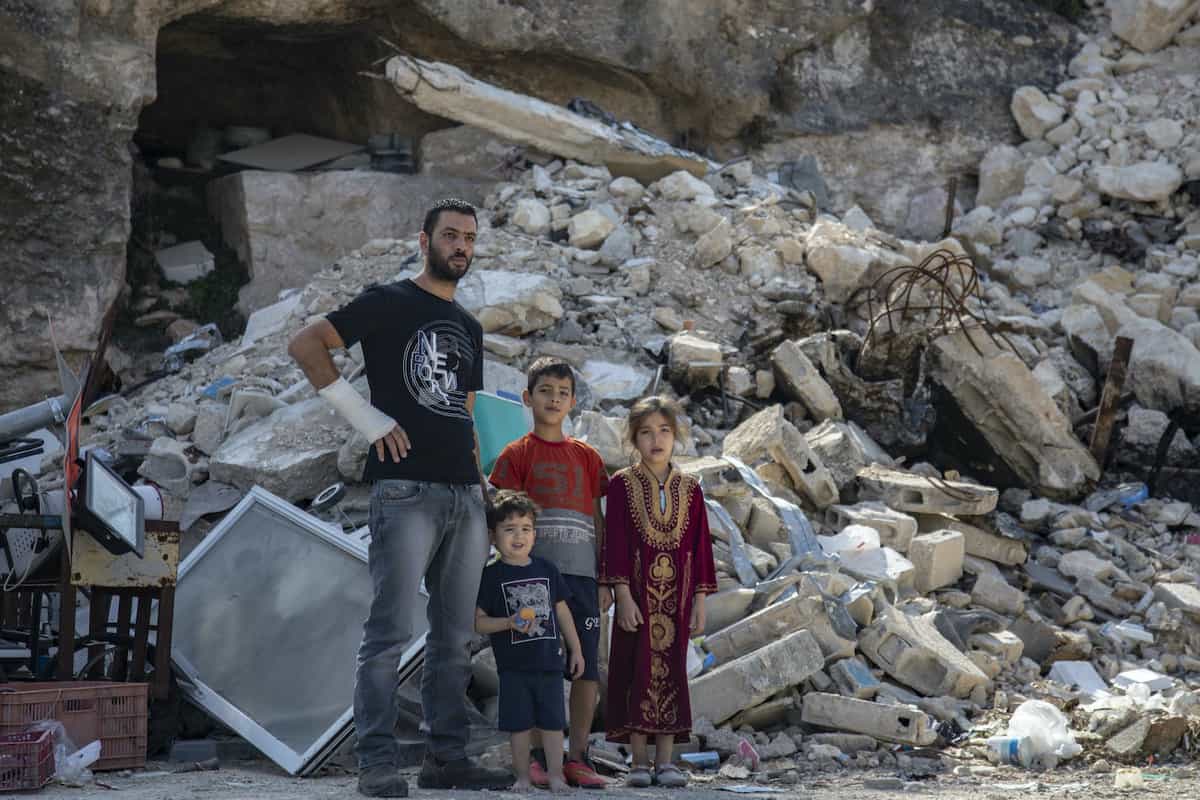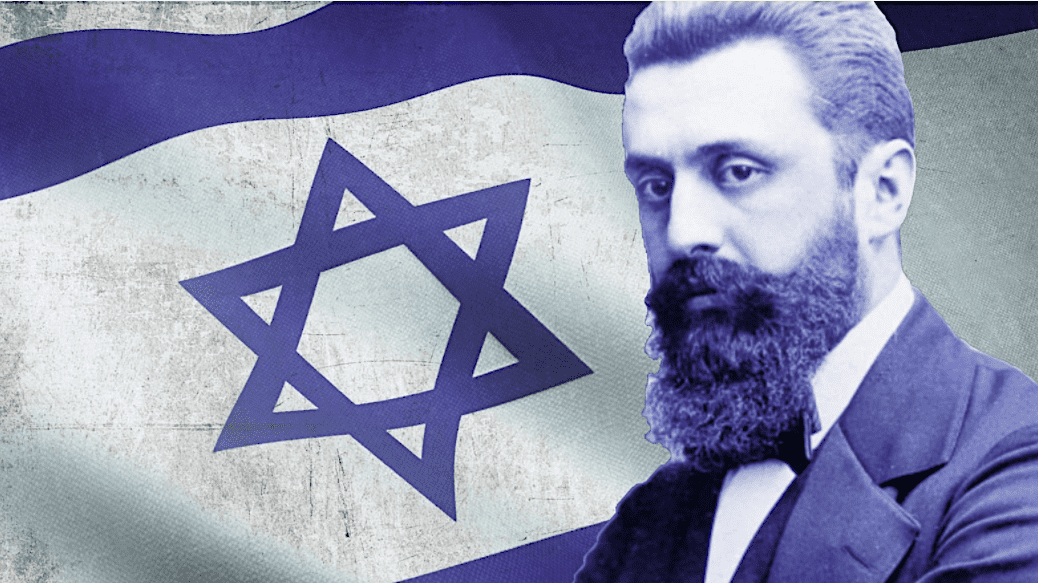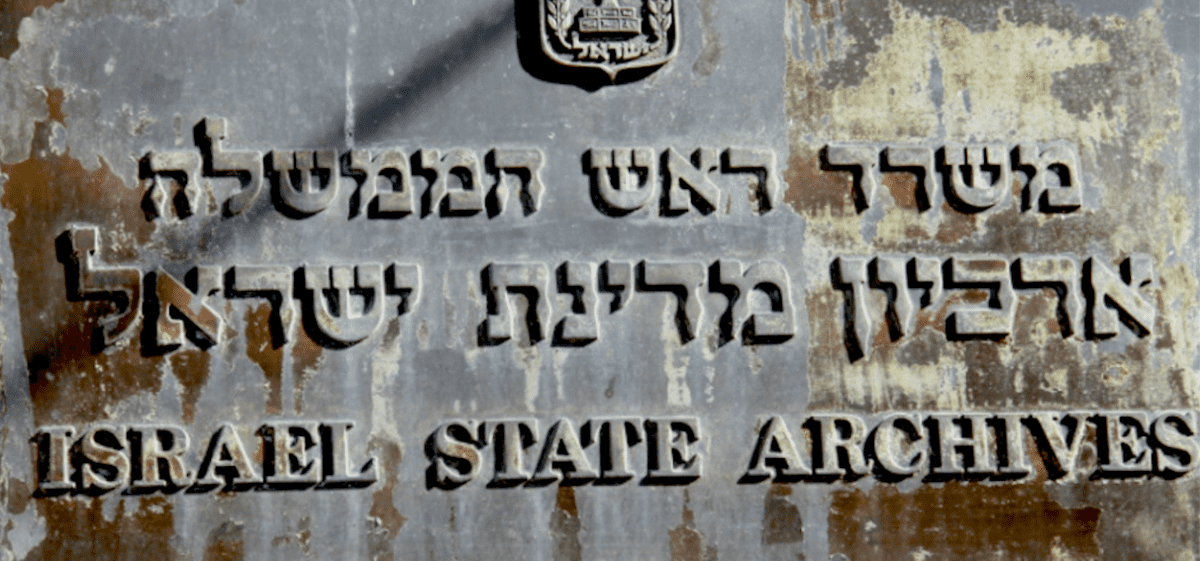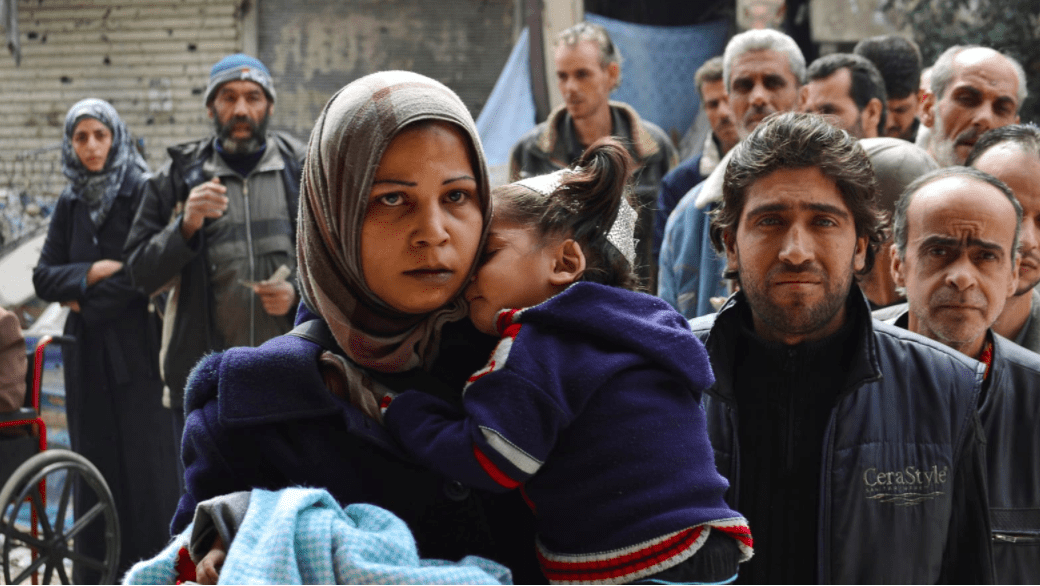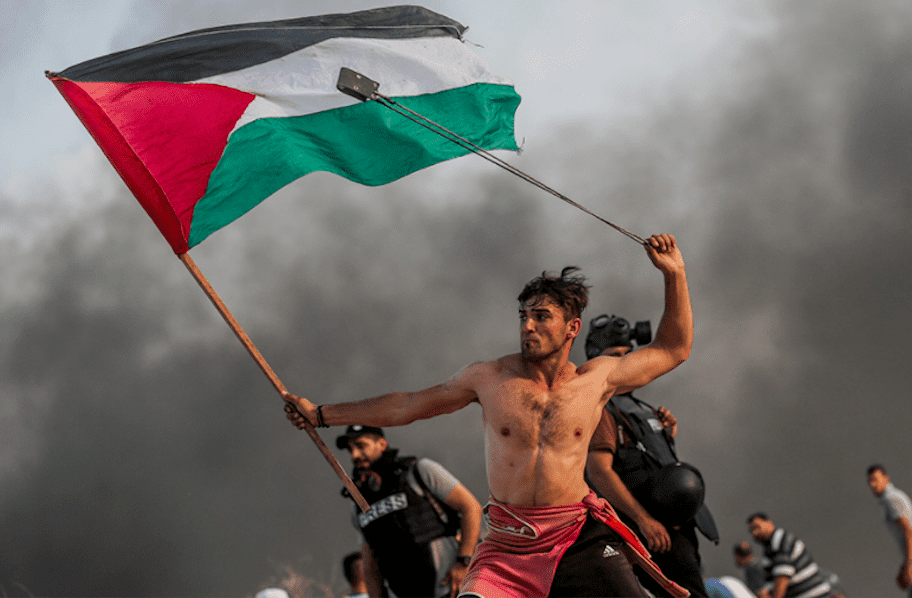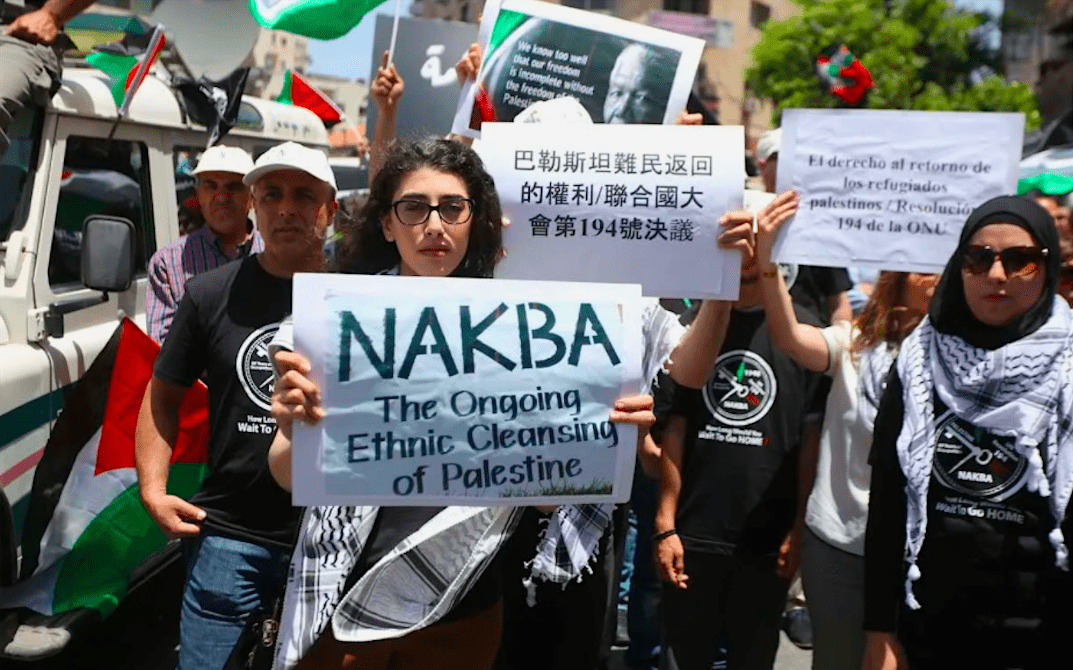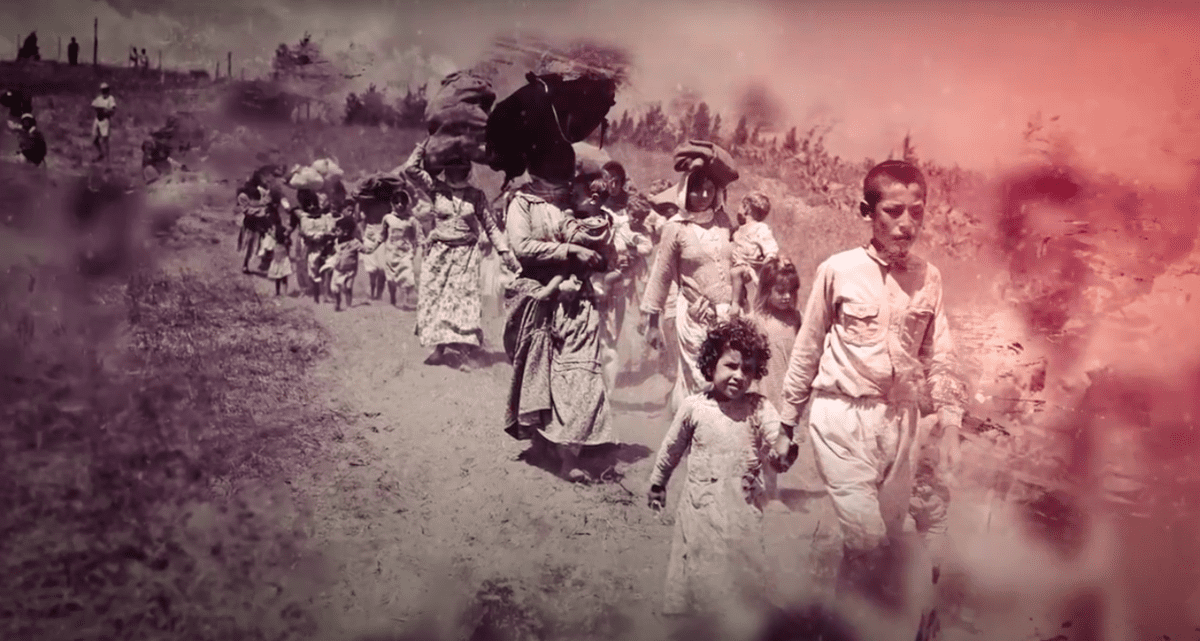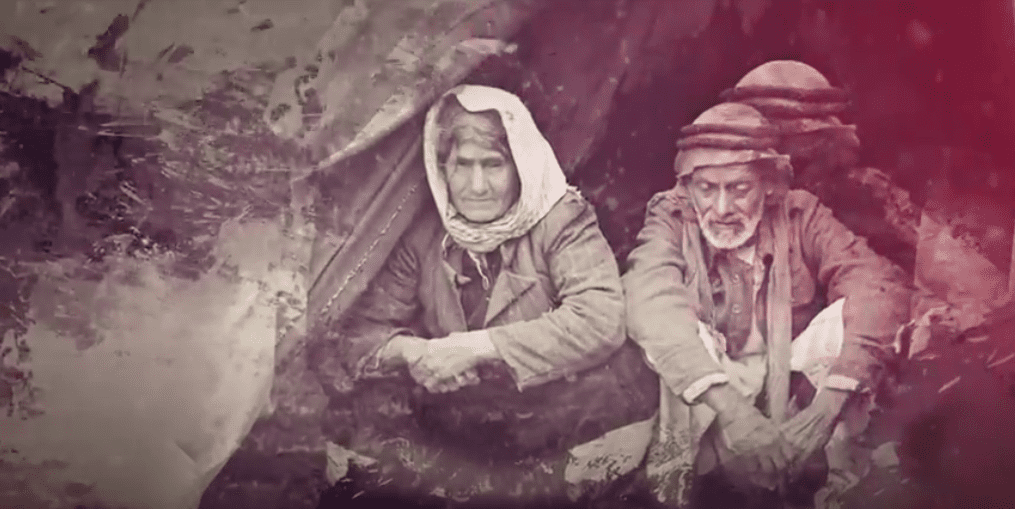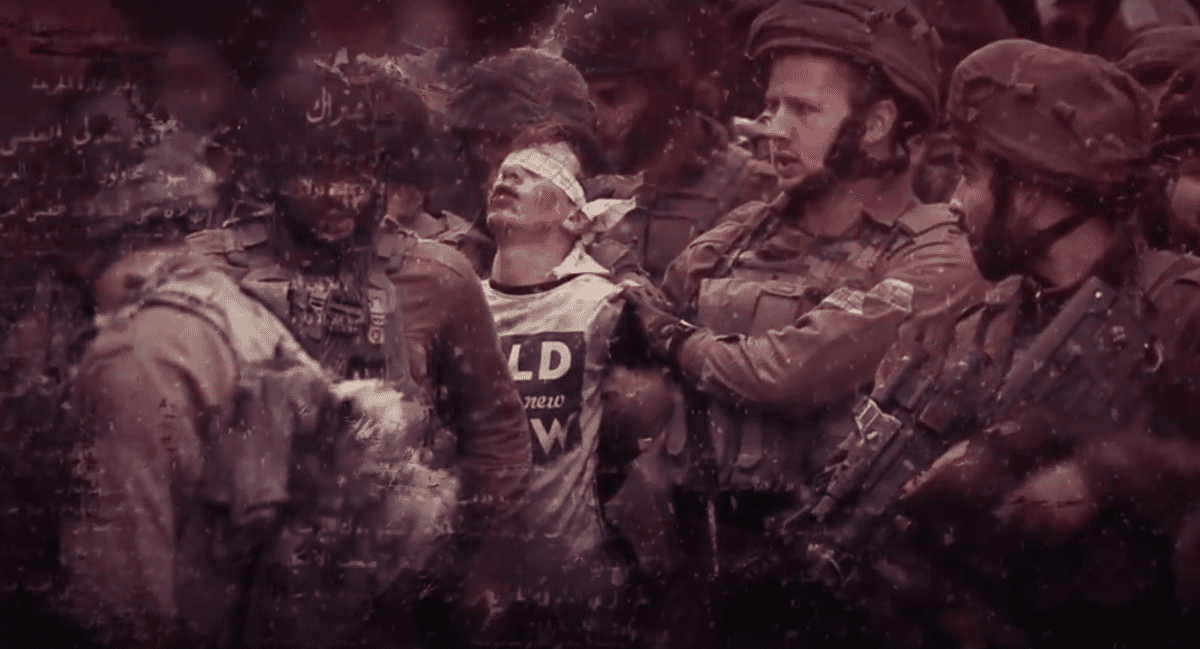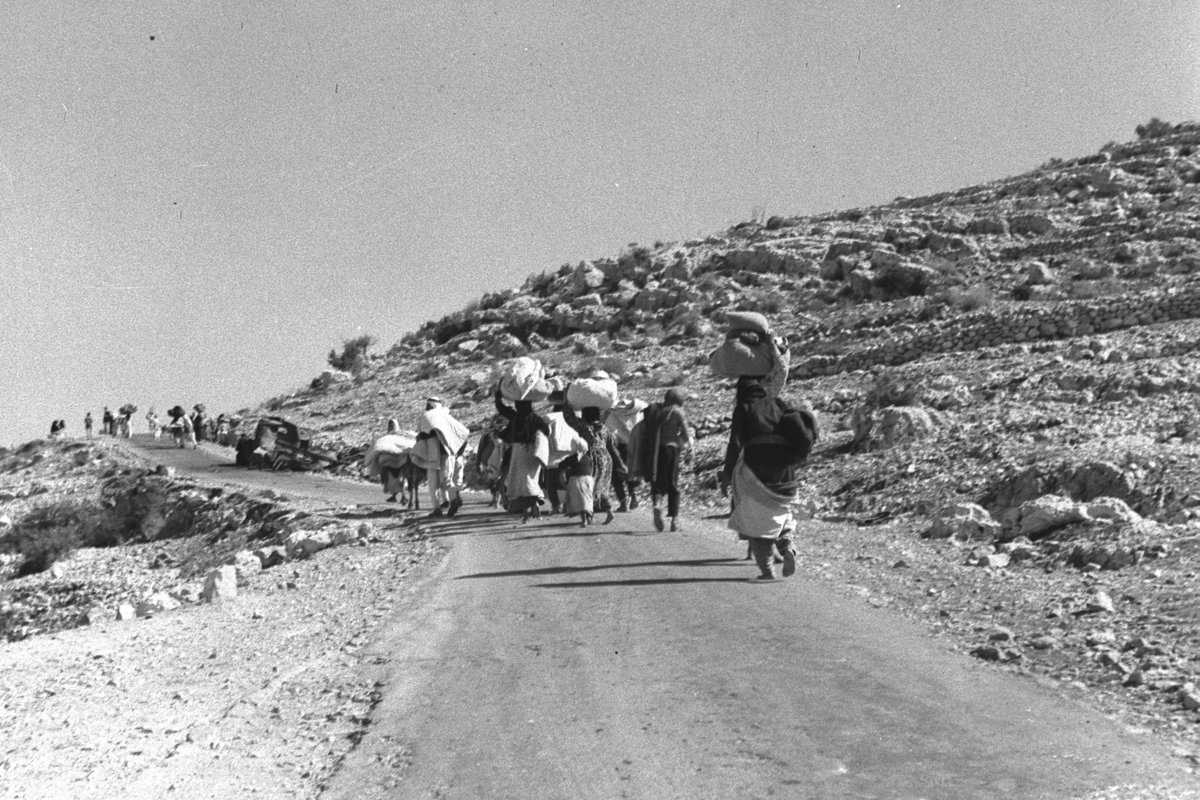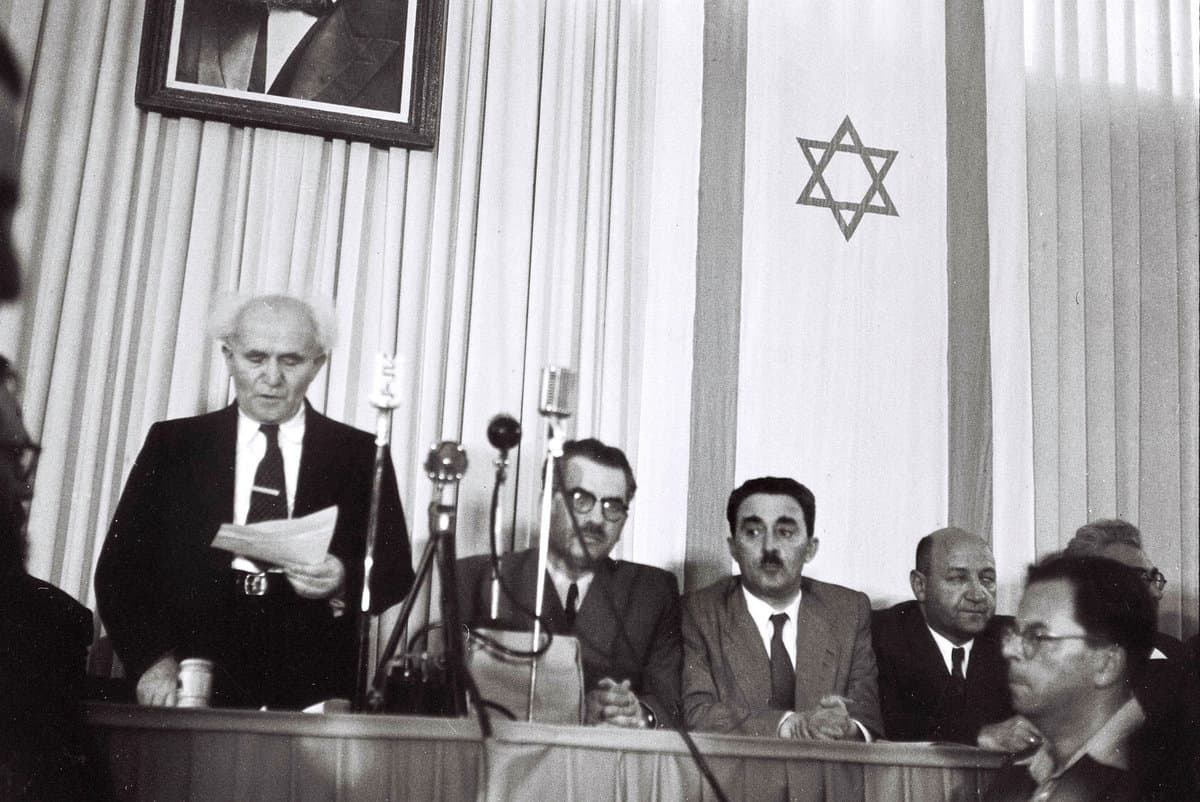The Palestinian Nakba curriculum offers us the opportunity to learn about the robust Palestinian society that existed prior to the Nakba (catastrophe), the critical events leading up to and during 1948, and a prism through which to understand the ongoing nature of the Nakba and its devastating impact on Palestinian lives.
Read More
The curriculum includes eight core sessions, and an intro and closing session. It is accompanied by an in-depth Facilitator Guide for educators or others teaching or leading a session or class. Each session builds upon the one before it, but is also designed with the option of entering at different places based on the needs of each group.
Tracks offer activity and session configurations specific to a particular group, ie. High School, community education, activist organizations. Based on the group that you are part of, learning with, or facilitating for, you might choose to use a specific track that pulls together different parts of the curriculum for easier or more accessible use.
Modules are theme-specific and offer curricula and resources to engage with a particular issue or area of study (eg. Settler Colonialism, Refugees Rights, Zionism, etc). Our modules can stand alone and can also be used in conjunction with any other part of the curriculum.
The Palestinian Nakba curriculum can be adapted in many different ways—for individual classes, for semester-long learning, as theme-specific modules, for presentations, and for workshops and webinars. It is designed for online as well as for in-person learning.
The curriculum was created in partnership with PARCEO, a resource and education center that partners with community groups, universities, and other institutions seeking to deepen their community education, organizing, research, and cultural work for justice. PARCEO is grounded in principles of Participatory Action Research (PAR), a framework for engaging in research and organizing for justice that is rooted in a community’s own knowledge, wisdom, and experience.
The Palestinian Nakba curriculum was designed using a popular education and PAR framework—a pedagogy that values and honors the experience, knowledge, and leadership of those most impacted by injustice as we collectively work for transformative change. The centrality of Palestinian voices in our Nakba curriculum is critical to this process. PAR pedagogy also recognizes that, in this process, we are all teachers and learners.
The PAR approach is particularly helpful in the facilitation of the The Palestinian Nakba Curriculum because it allows for participatory and experiential engagement with the material, and with each other, during the sessions.
Ongoing reflection is also an integral part of a PAR process as we engage with past, present, and changing realities.
Jerusalem from the tower of Notre Dame Photo Credit: G. Eric & Edith Matson Collection
